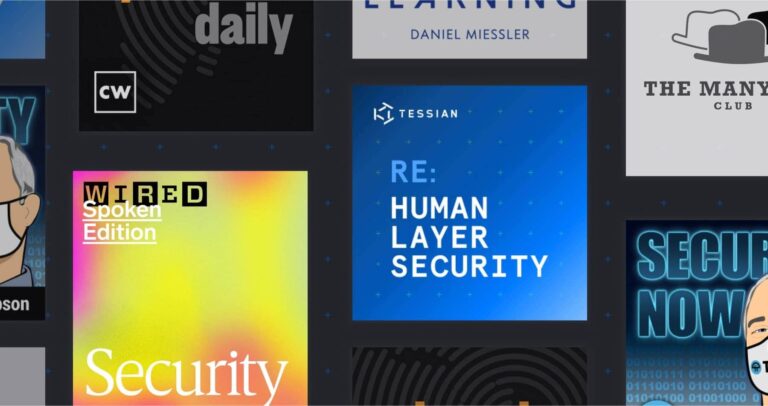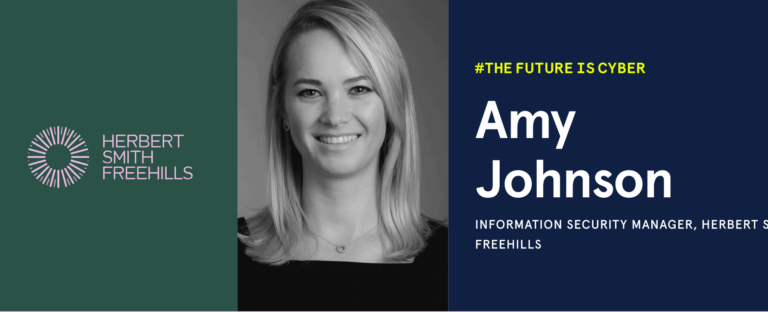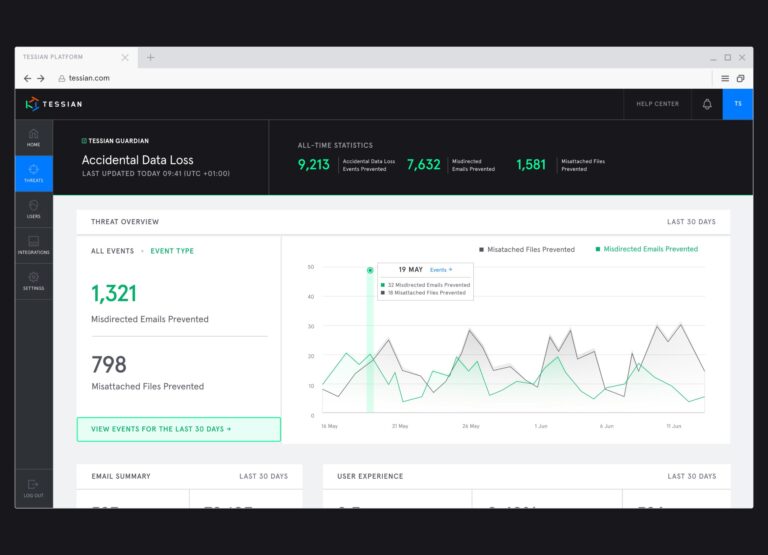The Cyberseek heatmap shows there are over 500,000 cyber job openings in the US alone, and globally over 3.5 million.. With so many unfilled vacancies there must be a skills shortage, right? I’m not so sure. I think our perceived talent and skills shortage is largely self-inflicted because as an industry we’re sadly terrible at hiring, growing, and retaining people.
Too many organizations are chasing a finite number of senior-level people which results in two critical problems. The first is self-inflicted: over the past decade as an industry, we have failed to grow enough people from entry and mid-level positions into senior level roles. The second thing is that many organizations believe they can only hire senior talent rather than grow and retain the talent they already have. If we don’t invest in people earlier in their career, we will never have the talent pool our collective job postings demand.
The problem with hiring only senior talent
We tend to spend a lot of time and energy looking for “unicorn hires”. These hires can take months of our energy and attention for each role. In aggregate, we risk incurring opportunity costs that prevent us from growing a person – or several people – into these capabilities. Of course, the security industry is not the only offender. Many technical roles outside of security are subject to the same type of bad behavior. We allow ourselves to create job postings with requirements that are sometimes impossible – like requesting 10+ years experience in a technology that has literally only existed for five.
So why are situations like this happening? Despite good intentions, a recruitment team supporting a security team without enough investment of time and partnership from the engineering managers is going to get these things wrong. It’s not their fault, but a clear indication that we need to be better together.
I challenge hiring managers to answer this important question: Describe the specific skills and experiences that 5-10 years of experience mean to you?
When I ask this, one of two things happens: they either can’t answer it – which is a good indicator that it shouldn’t go in the job description – or they can, and this becomes the start of better job requirements. Chronological time doesn’t tell us all that much about someone’s capabilities, how they grew (or didn’t), or what they’re good at.
Instead, we should be focussing on things like core experiences, history of growth, skill sets, and capabilities. That’s what we should switch our requirements and expectation language to. So we should seek people who have specific experiences or capabilities, such as leading specific team sizes, adapting to rapid change in a high growth organization, or have navigated significant technology migrations. These are more equitable, measurable, and useful capability assessments that don’t rule out qualified candidates by setting minimums for years of work experience.
The great resignation
We’ve covered the great resignation/re-evaluation/migration previously on this blog. But even before this movement, we were already seeing an average ‘in role’ time of just 18 to 36 months for many security individuals. That’s a high turnover, and The Great Migration has only increased it. Senior decision-makers across the US report an average security staff turnover rate of 20% according to research from ThreatConnect. Compare that to another study by Michael Booz that found that the global average for all roles was around 11%.
Organizations should be focused on what it takes to keep people longer. To retain people, there are two key factors. First, people must have confidence that they can grow and gain value by staying within the organization. Second, they need to be able to experience recognition, and crucially – rewards, for their increasing value both in the market and in their organization. Too often we prioritize budget for new hires when the best option is to invest in the people we already have on staff and reward them before someone else does.
In my experience, not enough is done during the first two years of employment to give employees confidence that there is an ongoing trajectory for them in terms of growth, recognition, and rewards. And by the time we get to that two-year point, the first time that the organization hears about it is when they’re getting the resignation letter.
Sadly that is THE WORST time to attempt a growth and rewards conversation.
“There are very few cases where significant skill transference from non-security to security roles is not possible. ”
Josh Yavor
CISO at Tessian
Creating a better pipeline
Of course as people levelup and grow into new roles, you need new recruits. But many security leaders are reluctant to have their teams be the first stop in someone’s security career. However, there are plenty of security roles that are great places to get a start in security while applying relevant and overlapping skills from previous non-security roles.
There are very few cases where significant skill transfer from non-security to security roles is not possible. Some of the more obvious examples are IT system administrators becoming enterprise security engineers, software developers being successful in product security roles, etc. We need to look beyond these examples and expand our mapping of critical skills and capabilities to additional roles and backgrounds. Some of the most talented security professionals in our industry today come from much more diverse backgrounds. Some went to university to study linguistics, art, or math, and many never pursued higher education.
Your next security hire could come from customer success, marketing, or human resources
One of the things we need to be more conscious of is that security roles don’t just need technical skill sets. In fact training people up in specific technical skills is relatively easy to do. Instead, we should be optimizing security roles for people who are making a job transition. Security teams can benefit hugely from the things that are NOT easy to train people up on, like emotional intelligence, personal relationship management, and communication skills.
I’ve done this myself. I supported hiring someone with a background in customer service for a security operations role. 90% of the job is still based on providing effective customer service and rapidly triaging problems to identify the most appropriate solutions; it’s just a different set of customers and problems. We can train people on how to use our technology and how to think about security. What’s much harder is training people to be effective communicators with empathy and the high emotional intelligence to provide exceptional outcomes while supporting people.
I’ll finish how I started, by saying again that, there isn’t necessarily a skills shortage in many cybersecurity roles. We’re just setting the requirements poorly, largely ignoring retention, failing to take advantage of skill transference opportunities from non-security roles, and not giving people the opportunity to grow.
Want to Join us at Tessian and start or develop your security career? Check out our open roles. What’s it like to work here? Here’s 200 reasons why you’ll love it.
Want to find out more about diversity and the cyber skills gap? Register for our up-coming LinkedIn Live.

Josh Yavor
Chief Information Security Officer














